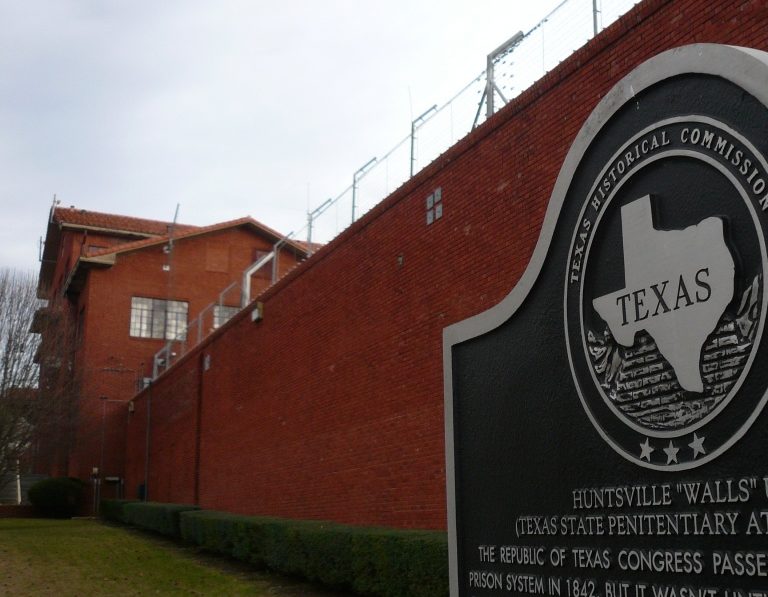
Texas’ reputation as a lock-em-up state is losing steam. Over the last several years, Texas has closed three adult corrections facilities, reduced probation term lengths, improved funding for substance abuse treatment and other alternatives to incarceration, and helped people returning from prison to rebuild their lives. State policy-makers have also rejected various bills that would have enhanced penalties or created new crimes. All of this has begun to reduce the state’s over-reliance on incarceration without compromising public safety. Crime rates have dropped along with the prison population.
In an unexpected turn at this year’s CPAC conference, Texas Governor Rick Perry announced on the main stage that shutting down prisons was good, conservative governance. (You can watch him say it in this video, also featuring EJUSA’s Conservatives Concerned About the Death Penalty project.)
Last week, EJUSA’s Executive Director, Shari Silberstein, traveled to Texas to spend the day with one of the leading organizations behind this change, the Texas Criminal Justice Coalition (TCJC).

Silberstein and David Rogers, former Executive Director of the Partnership for Safety and Justice, led the group through a series of discussions about how to incorporate the needs of crime victims into their agenda, something that TCJC is exploring. The group discussed the challenge of redefining accountability, which is incorrectly equated with punishment in the current justice system. Silberstein and Rogers shared information about the abysmal state of victims’ services nationally and the wide array of needs that crime victims have that are unrelated to what happens to the person who harmed them.
“The Texas Criminal Justice Coalition has a reputation for being able to work across the aisle with unlikely allies,” said Silberstein. “Their passionate and talented staff were excited about the possibility of expanding on this by finding common cause with the crime victims’ community in the state.”
“Our team loved spending time with you,” said Ana Yáñez-Correa, Executive Director of TCJC. “This work holds a lot of potential for not only reforming the system, but also transforming the broader conversation about how we respond to crime. And this is especially important given the number of system-involved individuals who themselves are survivors of crime.”
TCJC has an ambitious agenda for Texas’ 2015 legislative session, but the team left the meeting ready to add to their already long to-do lists. Over the next several months, they plan to talk to allies and partners about the new framework and learn more about the state of victims’ services in Texas. EJUSA will continue to be a resource along the way, so stay tuned for more good news out of Texas in the years to come!
Photo Credit: “Day trip to Huntsville” by mlsnp is licensed under CC BY-SA 2.0


